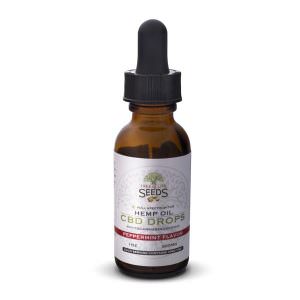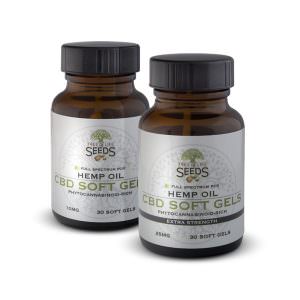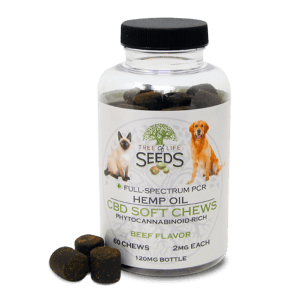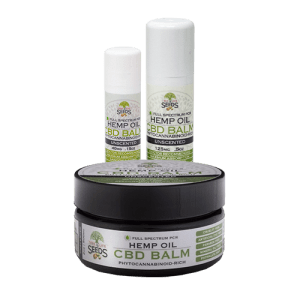In recent years, hemp has emerged as one of the most promising agricultural investments. With a variety of uses and a recent change in legislation legalizing its production, hemp has attracted investors from all over the country. Continue reading to find out why hemp: so much more than CBD.
While extremely versatile in reality, hemp’s many uses are often misunderstood. Defined simply, hemp is a cannabis plant that grows quickly and can be used for a variety of purposes ranging from food and textiles to fuel. Because of the cannabinoid THC (known for causing psychoactive effects), some might shy away from the hemp plant. However, understanding all the different ways hemp can be used will open many a door for purveyors across many an industry.
Today’s Hemp Rules and Regulations
Hemp production has been on the rise thanks to the 2018 Farm Bill, which removed it from the Controlled Substances Act. Since then, the regulations on hemp have been left up to the states, many of which are enrolling people in research programs and giving them licenses that allow them to grow hemp.
This has caused the industry to blossom, and as of February 2019, the United States was the third-largest grower of hemp in the world. In short, hemp is legal to grow in most states, as long as the proper licensing is obtained and proper growing techniques are used to keep the THC below 0.3%.
Hemp for CBD Oil
Hemp is an undoubtedly versatile plant with a broad range of applications. An incredibly popular hemp application is the use of its CBD oil: a cannabinoid that’s been reported to potentially reduce anxiety and pain, making it a great option as a natural health supplement or simply a way to wind down.
Many extractors are now able to target and remove THC oil altogether leaving broad-spectrum CBD oil to create products that are more accessible to all kinds of audiences. Using this method, we at Tree of Life Seeds use CBD oil in oil drops, soft gels, topicals, chocolates, and even pet drops and chews.
Hemp as a Health Food Source
Hemp also has potential as a source of food. Its seeds are nutrient-rich as serve as a source of protein, essential fatty acids, and insoluble fiber. The seeds, which are technically nuts, can be eaten whole or incorporated into other foods, and have several health benefits.
According to Australia-based food blog The Source, “Hemp seeds are a vegan-friendly alternative to oily fish…and are an excellent source of plant-based protein.” Additionally, “they offer a source of Omega-3 and Omega- 6 Essential Fatty Acids or EFA’s. They contain fiber, Vitamin E, B Vitamins and minerals including Magnesium and Iron.”
Hemp in Paper and Textiles
Another application for hemp is for paper and textiles. Because hemp grows faster than trees and contains a higher cellulose concentration, it makes for a more sustainable paper-producing plant. Similarly, hemp fibers can also be used for textiles. This is because the fibers are longer than cotton’s and are also extremely durable, making them excellent for products ranging from rugs to clothing. Clothing made from hemp fibers is much more popular than you might think, and many items on sale today use it already.
Hemp as a Building Material
While it might seem odd at first, the hemp-based building material called “hempcrete” actually gives excellent insulation and fire resistance. Further, hemp can also be used in products called hemp-plastics. These building materials come from the hurds in the center of hemp’s stalks, which are rich in silica and cellulose and make it great for building materials.
Hemp’s Promising Future
Using hemp for fuel is an area that is still being researched, but it has the potential to be used as an environmentally-friendly fuel. Biodiesel fuel, as well as ethanol and methanol, can potentially someday be derived from hemp.
Hemp holds a promising future in many fields. Thanks to the recent legalization of its growth, it’s being utilized more in the medical field, and new products that highlight its flexibility are being created every day. With hemp’s functionalities in textiles, paper, building materials, and even potentially fuel, it is a highly versatile plant that we can expect to see become even more widespread in the years to come.








0 Comments